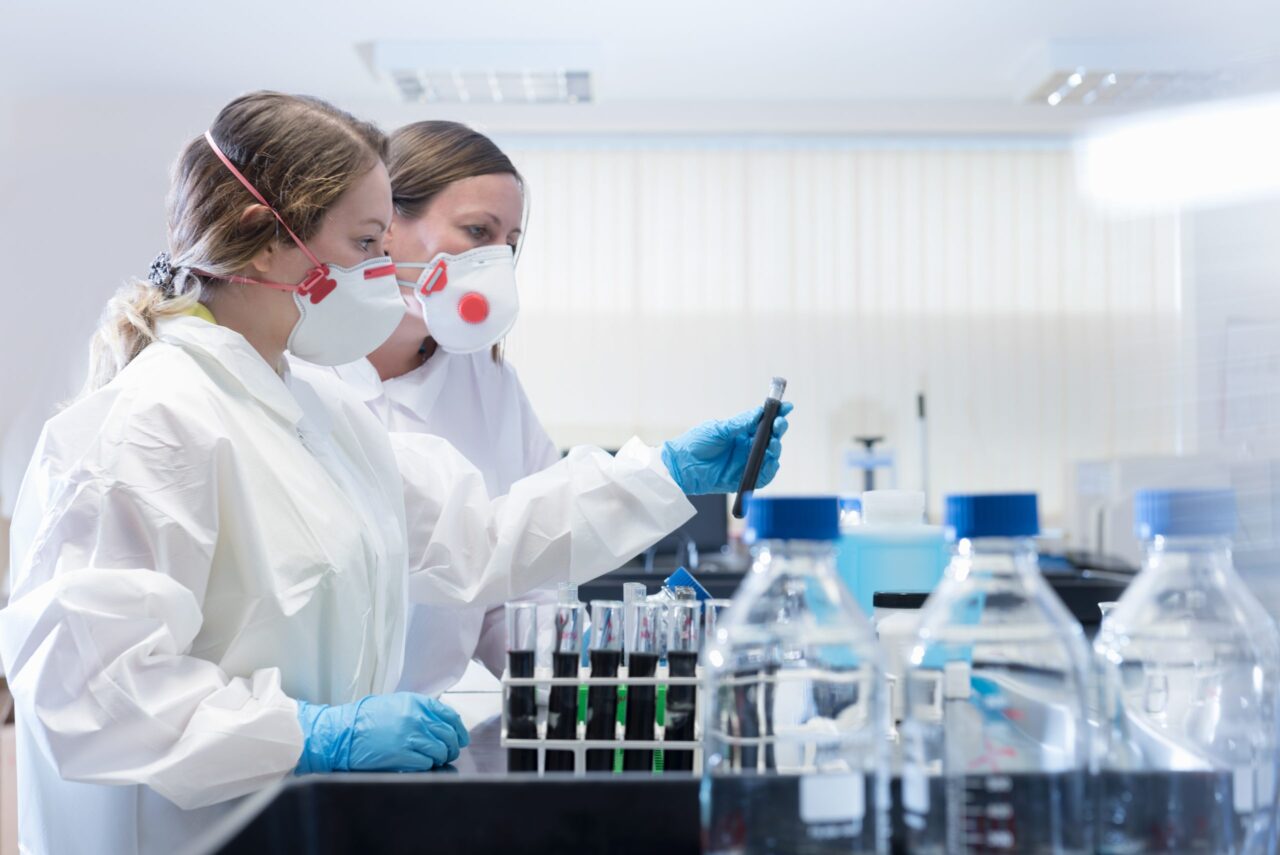Quality control laboratories are the life-pumping heart of the food industry. Beacons of precision and accuracy, they are responsible for ensuring that all food products are safe, wholesome and maintain the quality promised to consumers.
Quality control in food involves a diverse set of procedures. From inspecting raw ingredients and their suppliers, monitoring production processes, controlling handling and storage, to conducting taste tests, quality control laboratories oversee all aspects to ensure that every bite meets pre-established standards.
The Crucial Role of Laboratory Equipment
At the heart of these laboratories is specialized equipment that performs a variety of tests to detect any anomalies. These include spectrometers to perform chemical analysis, chromatographs to separate and analyze complex mixtures, microscopes to examine samples at the cellular level and instrumentation suitable for microbiological testing.
The analyses allow the detection of harmful microorganisms, toxins, chemicals and any other possible contaminants, in addition to verifying the nutritional composition and shelf life of the product. These results are essential to make adjustments prior to market launch and to comply with local and international food regulations.
Why are Quality Control Laboratories Important?
Quality control laboratories play three main roles in the food industry. First, they preserve public health by preventing the distribution of food that could be harmful to consumers. By detecting any signs of tampering or contamination, these laboratories could save countless individuals from serious ailments.
Second, they help companies cultivate and maintain their reputation. The release of a single substandard or contaminated product can bring catastrophic consequences to a company’s brand. Quality control laboratories help prevent this from happening by ensuring that only the highest quality products reach the consumer.
Finally, these labs are essential to ensure compliance with laws and regulations. Governments have a variety of regulations on food quality and safety, and testing in quality control laboratories is essential to demonstrate that these regulations have been followed to the letter.
Kalstein Platform
In conclusion, quality control laboratories are a critical component of the food industry. Their role in preserving public health, maintaining company reputations, and ensuring legal compliance makes them the true stars of the food constellation. For a food product to be truly great, it must not only taste wonderful, but also pass the rigorous testing that these laboratories provide.
We at Kalstein open a new universe where you will find a space with the latest technological and scientific advances, we present the 3D platform, here you will discover infinite versatile functions for manufacturers and distributors of laboratory equipment regardless of type, you will have the option to design your profile and be in contact with each user anywhere in the world, we offer unparalleled advantages in over 10 languages and you will have your own 3D laboratory, you will publish to buy, sell or rent equipment for laboratories or medical, learn more HERE


